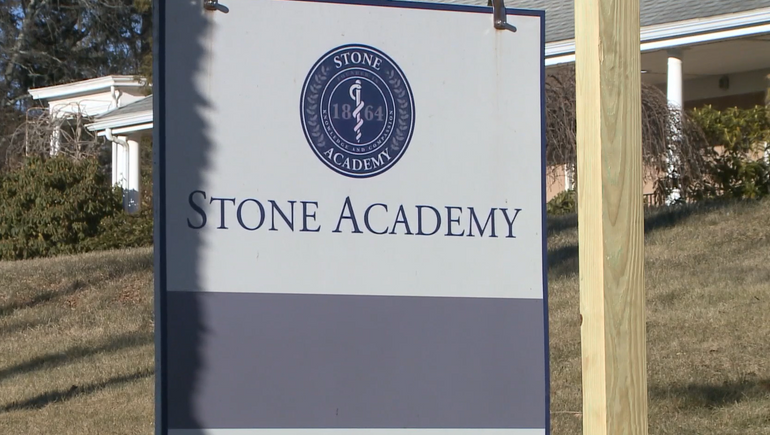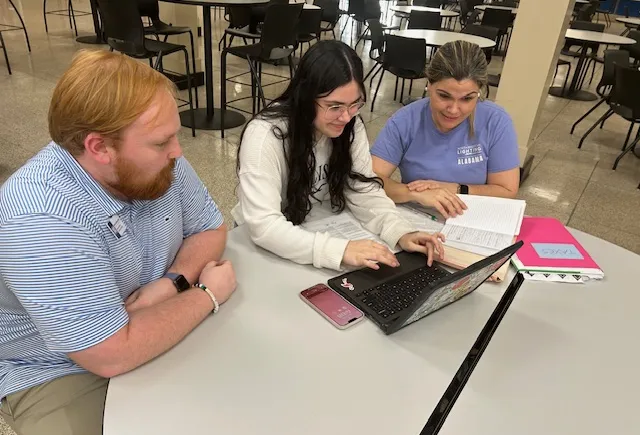[ad_1]
The clean energy industry is booming, but the labor supply remains low. Partnering with community colleges to offer pathways to employment could help the industry meet its increasing demand for workers, said a workforce development official with the Foundation for California Community Colleges. He was speaking at a workforce development session at Intersolar North America Jan. 14.
Community colleges are a source of “untapped talent” and are “built to be nimble” in a way that other sources of higher education may not be, Tim Aldinger, executive director of workforce development for the FCCC, said at the event.
“For the last year and a half, we’ve had more jobs posted than people looking for them. And we are also in a decade-long process where people [nationwide] are opting out of the labor market,” Aldinger said. “And this is particularly prevalent, actually, among working-age men, particularly in jobs that were called ‘blue-collar’ work.”
Though the renewable energy sector has become a significant generator of new jobs, and the Inflation Reduction Act bolstered this growth with tax credits that incentivized new projects and registered apprenticeship programs, the wind energy industry reported difficulty finding qualified applicants in a November report.
A pair of studies from the National Renewable Energy Laboratory said that 68% of wind energy employers had faced “some or great difficulty” finding qualified applicants, while 83% of the potential wind energy workforce has had “some or great difficulty” finding job opportunities.
When asked in an interview if renewable energy industries will have to adjust their approach to recruitment and hiring to meet labor demands at a time of falling participation in the workforce, Aldinger said that seems likely.
“I do think that probably every institutional group has to look in the mirror and make some changes, and I think that includes industry,” he said. “Another aspect is, how do these careers become places that people want to work? Wage is part of it, but is it a place you feel comfortable in? Is there a worker voice? Is there reliable scheduling? All those pieces have to get chipped away at.”
There aren’t enough registered apprentices on the market to meet the demands of renewable energy developers who need to hire a certain number of them to take advantage of certain tax incentives in the Inflation Reduction Act, Bernice Diaz, a labor and employment attorney with Sheppard, Mullin, Richter & Hampton, said during the session.
“There will likely be a shortage of apprentices, especially if this generation continues to steer away from skilled trade jobs,” she said. “While the IRA created a surge of demand for apprenticeship, I think it did little to really address [the shortage].”
It’s unclear whether the Department of Labor will be able to “keep up with” approving registered apprenticeship programs for the occupations that need them, including for energy projects in the geographical areas where they’re needed, Diaz said.
Community colleges can help fill several gaps in the labor market, Aldinger said, by providing specialized training programs, embedding larger shifts in the industry into their curriculums, and helping industry receive funding that is earmarked for companies that partner with community colleges or public workforce agencies.
“If you’re a business, generally speaking, a workforce board or community college is going to be very excited to talk with you,” he said. “They want to have a place to get strategic directions, understand where the market is going, understand what your needs are, and also have a place for students to go and learn and potentially become employees.”
[ad_2]
Source link









